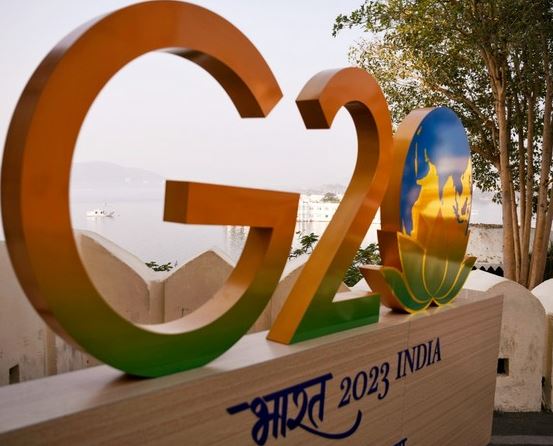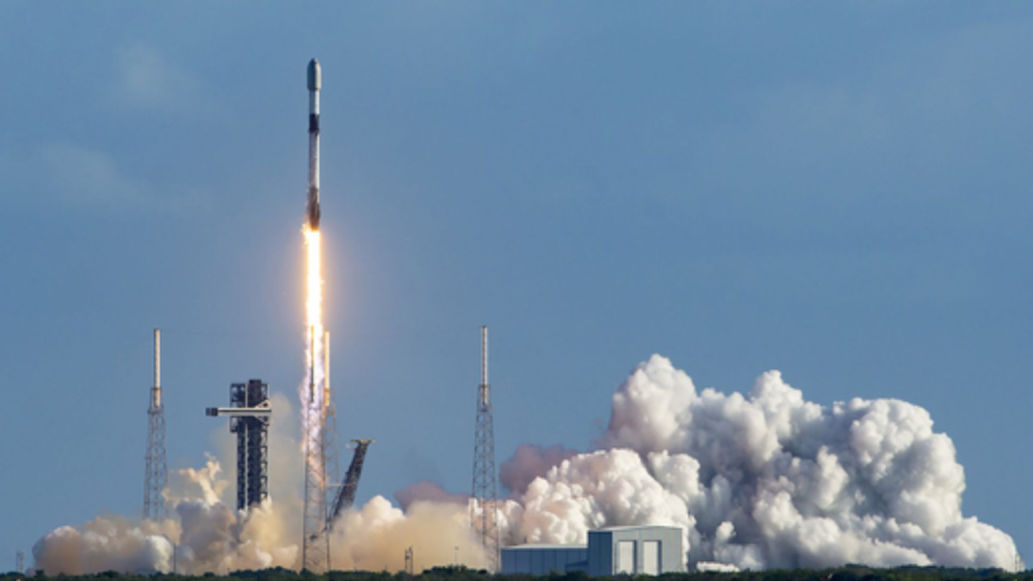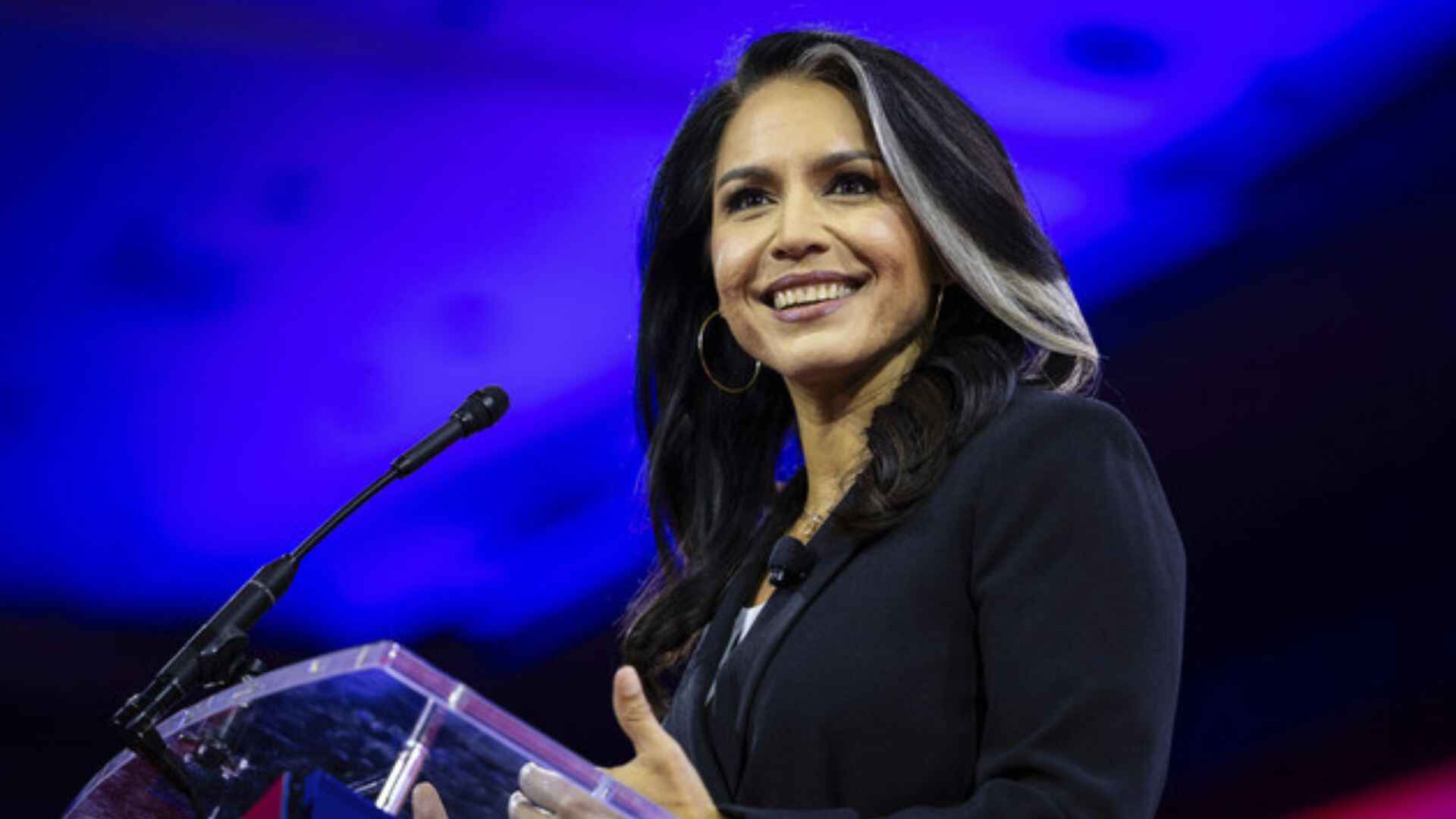
Religion as an ethico-political practice of peace-building and promoting justice has hardly been discussed at the global geopolitical and policy-level deliberations. At a time when international policy discussions tend to focus on how the world’s religions cause division rather than unity of mankind, the G20’s pronouncement of religion as a “unifying factor” and its acknowledgment of the role of faith leaders in geopolitical interventions is a way forward.
Last year in November in Bali, Indonesia, the G20 Summit held its first Religion Forum called the “R-20” bringing together more than 400 Islamic, Hindu, Buddhist, Shinto, Jewish, Christian, and other faith leaders and gurus (priests). The key takeaway of the G20 Religion Forum (R20) was refreshing. President of Indonesia Joko Widodo, who inaugurated the R-20 called on world religious leaders to work together to help resolve global challenges and “put an end to wars for the future generation to inherit a peaceful, united world”. Muslim World League (MWL) Secretary-General Dr. Mohammed bin Abdulkarim Al-Issa, who was recently on a 5-day visit to India, also participated in the R-20 as a prominent Islamic leader. In his inaugural speech, Dr Al-Issa highlighted “building bridges between the East and West”, an initiative under the R20 forum’s platform. “I am pleased to launch the initiative for a better world understanding, peace, and mutually accepting societies,” the MWL secretary general said.
Notably, Nahdlatul Ulama (NU) of Indonesia invited the MWL chief, who is both praised and criticized for his changing narrative of Islam from ultraconservative to modernist and progressive. In India, he greatly endorsed communal harmony, tolerance, and interreligious cooperation, particularly in his Friday Sermon at Jama Masjid and during his dialogue with the Indian faith leaders. “Human diversity”, “peaceful coexistence”, “religious harmony”, “human brotherhood” and “civilizational diversity” were the keywords in most of his discourses in India, as this writer got to translate him through simultaneous interpretation from Arabic to Hindustani and English. “Human diversity and harmony are the most important messages of God that all scriptures require from us in our religious wisdom”, he averred.
General Chairman, Nahdlatul Ulama Central Board KH. Yahya Cholil Staquf, Founder and Chairman of the R-20 wrote a motivating message that “religion functions as a genuine and dynamic source of solutions rather than problems in the 21st century”. By organising and hosting the R20, Indonesia’s largest moderate Islamic body, Nahdlatul Ulama (NU) sought to facilitate the emergence of a global movement, in which people of goodwill of every faith and nation would help bring the world’s geopolitical and economic power structures into alignment with the highest moral and spiritual values, for the sake of all humanity.
Now India’s first-ever presidency of the G20 Summit is here. Delhi will be hosting the summit from 8 to 10 September. The agenda includes climate, health, global public goods, and much more. However, a major concern that India—as the world’s fifth largest economy and the second biggest Muslim-populated nation—needs to prioritise is the religious and communal harmony in the country. It must find a new way of thinking that could help mitigate potential of conflicts between the religious majority and the minorities, especially Hindus and Muslims.
After the “R-20” of Indonesia, India founded “IF-20” (Interfaith Forum, G20) to bring together top faith leaders, religious organizations, public officials, academics, and cultural theorists in order to advance universal values and essential egalitarian messages of World Religions and Holy Scriptures. In this context, Indian Ulema have also been urged to tread on the modernist path shown by Indonesia’s Nahdalatul Ulama (NU) and Muslim World League (MWL). As part of the G20, this Delhi-based international interfaith forum focused on the core themes of India’s G20 Presidency: “One Earth, One Family and One Future” through the prism of world religions. In fact, the main theme of the G20 summit being held in India is a religious text from Maha Upanishad: ‘Vasudhaiva Kutumbakam’ (the world is one family of God).
President of the G20 Interfaith Forum Association Professor W. Cole Durham Jr. states: “The New Delhi Forum has served as a major landmark in this year’s continuous engagement with the G20 process.” Well-coordinated by Harsh Vardhan Shringla, Chief Coordinator of India’s G20 Presidency, the Forum, took place from the 7-9th of May, 2023 in Delhi’s famous Lotus Temple also called the Bahá’í House of Worship. The event in which this writer was also invited as a participant, was hosted by the Bahá’í International Community, in close partnership with the Interfaith Alliance for Safer Communities and the G20 Interfaith Forum Association. “Leaving no one behind, especially those in the most vulnerable circumstances” was the core essence of the G-20 interfaith event in New Delhi. Dignitaries and speakers also highlighted major issues and challenges in religious harmony in India and offered measures for mitigation and substantive and specific policy recommendations.
In order to maintain economic growth, they maintained, India must leverage and further accentuate its multicultural democracy and religious harmony, which are both needed to strengthen political and economic stability. Building a new consensus between different communities, especially Hindus and Muslims, is a crucial step India should consider to reach that economic goal. For that, first and foremost, the ruling dispensation in India must increase engagements between the RSS to which the present regime itself subscribes to, and the mainstream Indian Muslims.
India should seriously consider the G20 forum and its engagement with religion and religious organizations, both of the religious minorities and the majority, as a way to heal the wounds still left from the communal conflict of the Partition in 1947. The cohesiveness and mutual understanding between different religious communities is a precondition for the country to become an emerging economic power and formidable force in global politics.
Given the proactive Western media propaganda against the “mistreatment” of minorities in India, the challenges of the government in addressing the issue during the G20 summit cannot be ruled out. However, it is still expected, with the unending popularity of PM Modi even in the Muslim community and countries, that communal harmony will be maintained and the situation will be ameliorated. Last year, when Indonesian President Joko Widodo handed over the gavel to India’s Prime Minister he told G20 leaders that India’s presidency will be “inclusive, ambitious, decisive, and action-oriented”. He underlined environment, women-led development, peace and security, economic growth, and technological innovation as priorities, which are embodied in the theme of India’s G20 chairmanship: “One Earth, One Family, One Future”.
There are, certainly, great expectations about India’s first-ever presidency of the G-20. On December 1, 2022, when India assumed the G20 presidency, Prime Minister Narendra Modi asked a very pertinent question: “Can we catalyze a fundamental mindset shift, to benefit humanity as a whole?” and then called on the world to “join together to make India’s G20 presidency a presidency of healing, harmony and hope”.
Let’s hope that India’s G-20 Presidency ushers in a new era, addressing the pressing concern of communal harmony by collaborating with religious thought leaders and political representatives to help shape the overall G20 agenda reflecting a rich diversity of India’s different faith traditions.
Ghulam Rasool Dehlvi is an Indo-Islamic scholar and a Delhi-based writer on Sufism.















